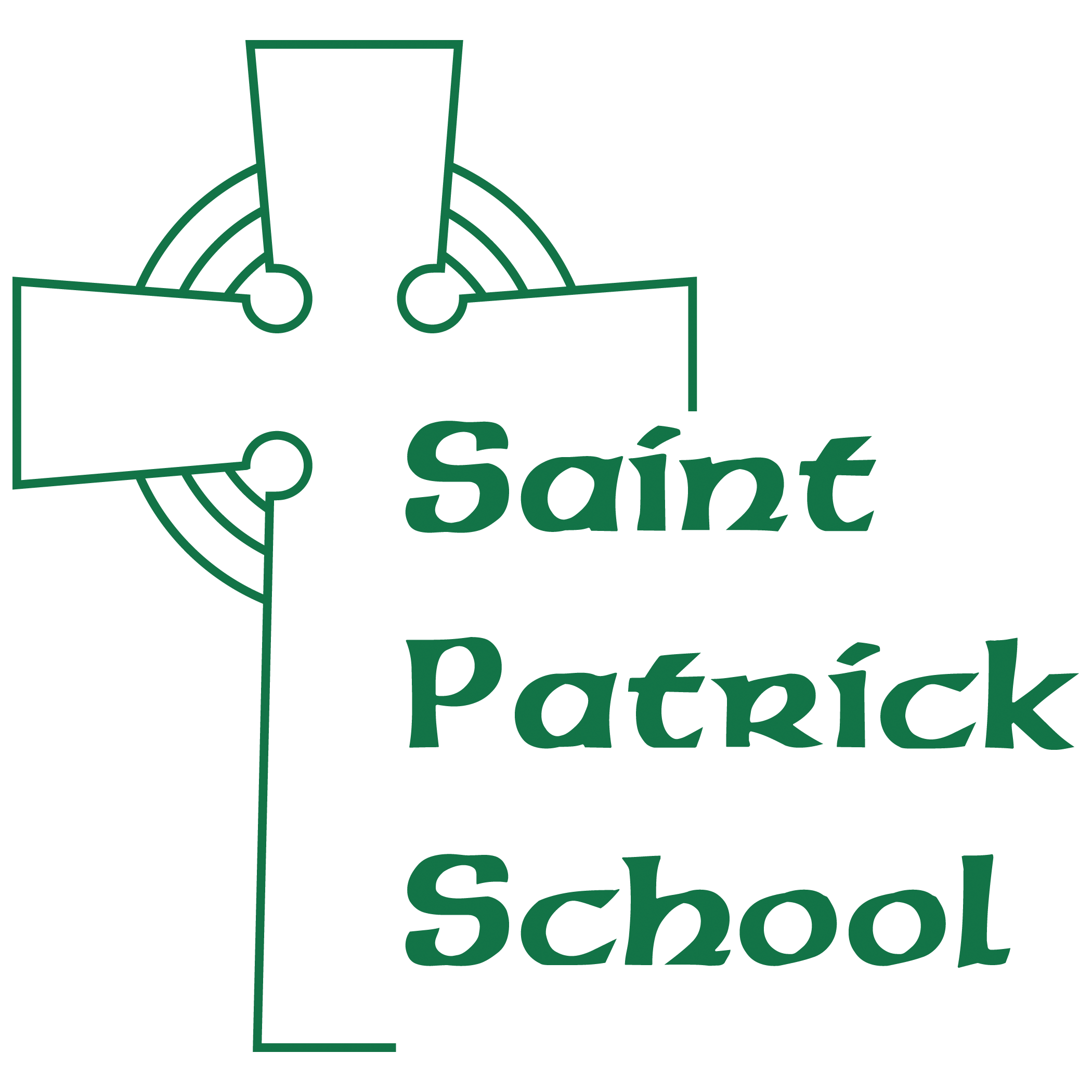“QUI CANTAT, BIS ORAT
Those who sing, pray twice.”
When people sing, the entire upper body is utilized. Take a deep breath. The rib cage expands. Lungs fill with air. The diaphragm tenses as the air is released. Soft palate lifts. The larynx contracts. Vocal cords stretch and vibrate. The oral cavity, sinus cavity, nasal cavity, and/or upper chest cavity resonate. Lips form words. And, if it is truly performance of love, the mind and spirit lift in song.
Playing instruments is no exception, though words are not necessary, meaning can be extracted from each musical sound. Instruments become an extension of self and vibrate with intention. Playing instruments promotes creativity, strengthens respect of the classroom, and . Music exploration, creation, and performance expand the mind and develop student creativity and sense community. When people sing and play music together, they are working together towards a common goal.
Each grade’s music curriculum takes advantage of how music employs the body and expands the mind. Through musicking students develop musical skills, singing and playing techniques, musical vocabulary, and creative/critical thinking skills. Based on prior knowledge, each lesson builds upon the last. Students will learn about the different variety of instruments through experiential lessons. A bi-monthly share lesson provides opportunities for individual students to showcase new skills and to practice good audience etiquette. Assessments will be based on individual student growth.
Pre-Kindergarten - 2nd Grade:
The younger the student, the more important it is to incorporate movement in each activity. With the exception of the singing of a story or poem at the end of class, movement is integrated into each of the lesson’s musical activities. Each class is focused around musical vocabulary and give students the opportunities to experience the musical concept through differentiated learning.
3rd - 5th Grade:
Third-Fifth graders will focus on developing their musical learning while preparing for their monthly performance at Mass.
+ Pre-K
Dancing
Singing
Playing
Performance Etiquette
Solfege
Audience Etiquette
Exploration
Listening
+ Kindergarten
Dancing
Singing
Playing
Performance Etiquette
Solfege
Audience Etiquette
Exploration
Listening
+ First Grade
Movement Activities
Singing
Playing
Instrument Techniques
Solfege
Vocal Techniques
Improvisation
Listening
+ Second Grade
Movement Activities
Singing
Playing
Instrument Techniques
Solfege
Vocal Techniques
Improvisation
Listening
+ Third Grade
Movement Activities
Singing
Recorderes
Solfege
Sight-Reading
Improvisation
Composition
Listening/Aural Skills
Performing
+ Fourth & Fifth Grade
Movement Activites
Singing
Recorderes
Solfege
Sight-Reading
Music Reading
Improvisation
Composition
Listening/Aural Skills
Performing
A quote often attributed to St. Augustine, but not confirmed through primary sources.
Information paraphrased from voicestudio.kristinaseleshanko.com
The concept that music is not a thing to be consumed but an action to be performed proposed by Christopher Small.







